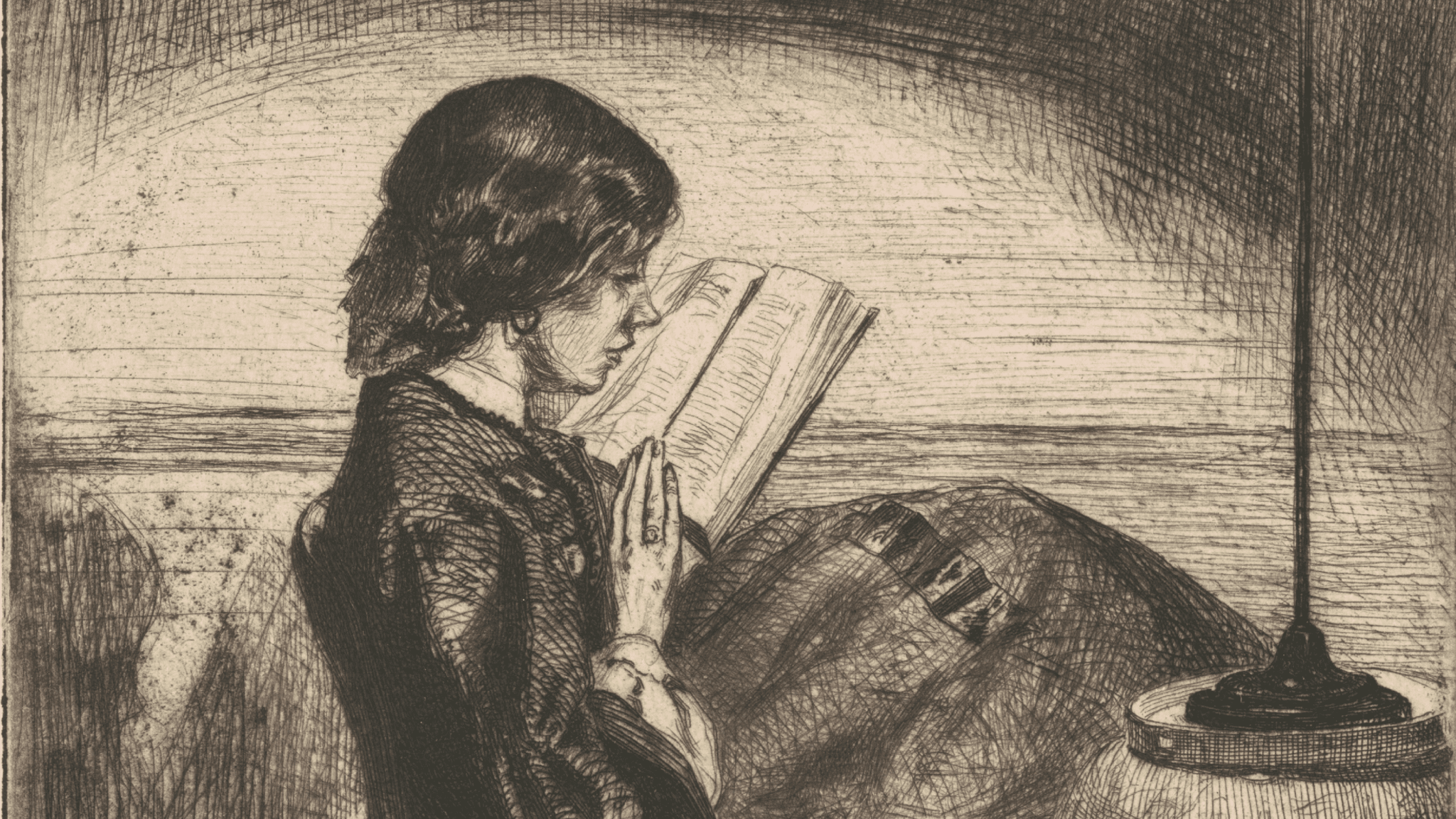This summer, we’re offering reading recommendations for people to enjoy wherever and whenever they travel. This is the fifth in a series of posts from our in-house staff and editors. You can also find recommendations from previous years in our full compiled list. Enjoy.
![]()
 Fully Alive: Tending to the Soul in Turbulent Times
Fully Alive: Tending to the Soul in Turbulent Times
BY ELIZABETH OLDFIELD
In Fully Alive: Tending to the Soul in Turbulent Times, Elizabeth Oldfield posits that the critical feature of a well-lived life is an ever-increasing connectedness to oneself, to others, and to the transcendent. Oldfield opens the book by acknowledging that she often fails to be the connected person that she aspires to be (she tells an all-too relatable story of her own failure as a parent), and she invites the reader to acknowledge and accept that all of us have a certain amount of vice-like messiness within us that can impair our ability to live richly connected lives. She focuses on seven distinct vices based loosely on the Christian concept of the seven deadly sins and clearly identifies the unique ways that each vice—whether that be greed, envy, or apathy—can isolate us from meaningful relationships. Within each chapter, Oldfield transitions to a focus on the vice’s corresponding virtue, and how enacting that virtue can lead to richer connection.
Oldfield provides modern-day illustrations for each vice, giving me plenty of “oh, yup, that’s me” moments. For instance, in the chapter on wrath (subtitled, “from polarization to peace-making”), I know the flush of anger, and how what can begin as a righteous anger over a specific injustice can curdle over time into a dank bitterness—into wrath—which ceases to have redemptive quality. The pathways to peacemaking she describes, like expressing curiosity about those who are different than us and making a commitment to love those whom we perceive as being against us, challenge me to use my anger as a jumping off point for further virtue development rather than as a self-righteous, isolating endpoint.
The penultimate chapter focuses on the vice of pride (subtitled, “from individual to community”), which she carefully distinguishes from healthy versions of pride like knowing one’s human dignity or taking pleasure in the mastery of a skill or challenge. For Oldfield, pride is the superhuman belief that we don’t need other people, that we can succeed in this life completely on our own, and thus avoid the need for vulnerability, compromise, and sacrifice. She notes that humility is often seen as the antidote to pride, but she wonders whether love–both giving it and receiving it–most effectively breaks down an independent, prideful spirit. I’m intrigued by this hypothesis connecting humility, love, and pride. To me, humility remains an essential component here as humility involves an inner move towards an acceptance of one’s vulnerability and one’s limitations. But, like Oldfield, I’ve also wondered whether genuine humility is even possible outside of a transformative encounter with love. If an encounter with love is necessary for humility, than love would indeed be as essential an ingredient for countering pride as humility.





